Event Highlights
Day 3 | Workshop Session (Mock Trial)
November 21, 2024
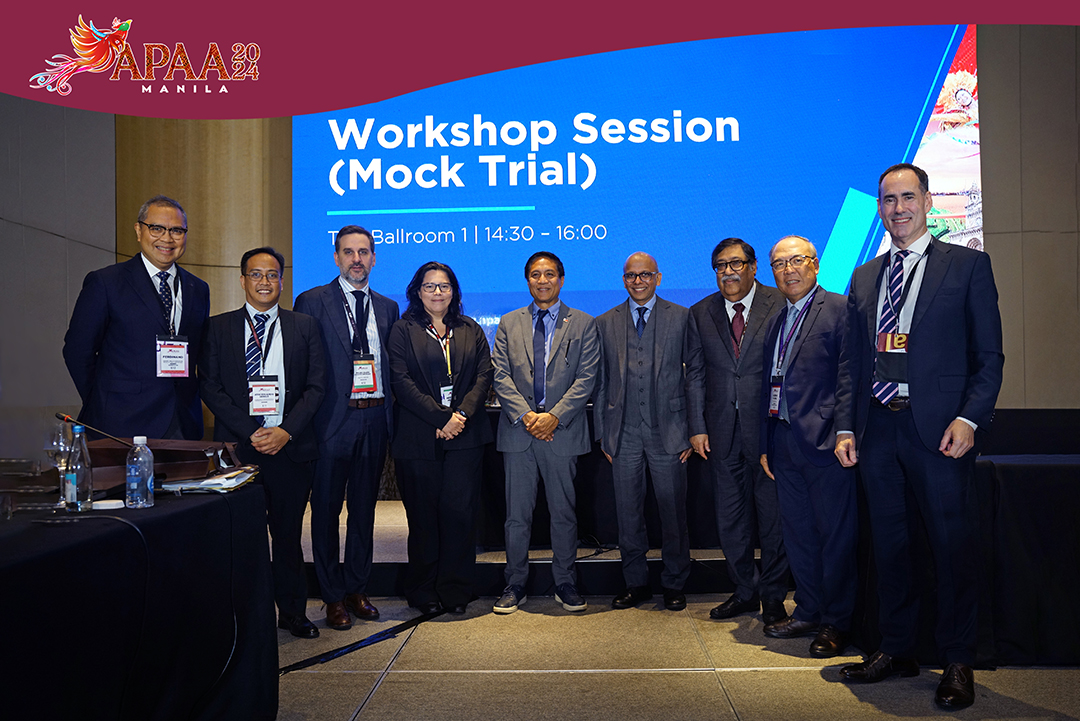
Members engaged in an intellectual discourse on patent infringement, trade secret theft, and passing off involving food recipes during a mock trial entitled “Story of a Not-So-Ordinary Chicken Dish.” Participants exchanged arguments over a hypothetical scenario crafted to explore the following issues: whether recipes can be patented, interplay between unpublished patent applications and trade secrets, non-disclosure agreements, and scope of protection of unregistered trademarks.
The opposing parties presented their cases vigorously. DESI claimed that SWAD infringed on its patent for a tomato-based chicken curry dish (TOMATO CHICKEN-9), arguing that SWAD’s newly launched Tomato Chicken-7 uses the same ingredients, including San Marzano tomatoes, which was central to DESI’s patented recipe. DESI further contended that SWAD’s use of San Marzano tomatoes constitutes theft of trade secrets, as the identification and procurement of these tomatoes, along with the cooking temperatures, were kept confidential by DESI until the patent was published in 2021. DESI also claimed that the recipe and process were proprietary secrets, protected under non-disclosure agreements. DESI established that these trade secrets were known only by one employee who was contractually obligated to keep it confidential, but such employee was poached by SWAD which soon thereafter launched its Tomato Chicken-7 dish.
In response, SWAD asserted that there was no patent infringement since the features of DESI’s invention—such as the selection of San Marzano tomatoes—are natural properties of the tomatoes; while the rest of the recipe were well known by chefs.. SWAD further argued that trade secrets cease to exist once a patent application is filed, and DESI had failed to demonstrate that any alleged trade secrets were adequately protected. SWAD also denied any passing off, stating that “Tomato Chicken 9” is a descriptive name lacking any distinctive secondary meaning, and that the use of numerals in dish names, such as “Chicken 65” and “Tomato Chicken 7,” is common in the industry. Moreover, SWAD contended that employees leaving one company to join a competitor is a standard business practice and does not constitute dishonest conduct. SWAD maintained that the naming and preparation of Tomato Chicken 7 were developed independently of DESI’s recipe.
The outcome of the mock trial was decided by real magistrates, one from India and one from the Philippines. Both judges agreed that DESI’s patent was invalid as its expert witness testified that the steps therein are common knowledge to chefs. Both judges also ruled against theft of trade secrets, while one of the judges didn’t appreciate the evidence presented that SWAD poached the sole employee who knew of the trade secrets; the other judge deemed that DESI did not sufficiently take steps to keep the trade secrets confidential. With respect to passing off, there was a split decision where one judge deemed confusion unlikely in a restaurant setting; while the other judge ruling that there was passing off, noting that in current times, one would normally rely on the Internet for information which can lead to confusion when similar trademarks and goods are involved.
The program concluded by treating the audience with a food sampling of the actual dish inspired by Tomato-Chicken 9.
Photo Gallery
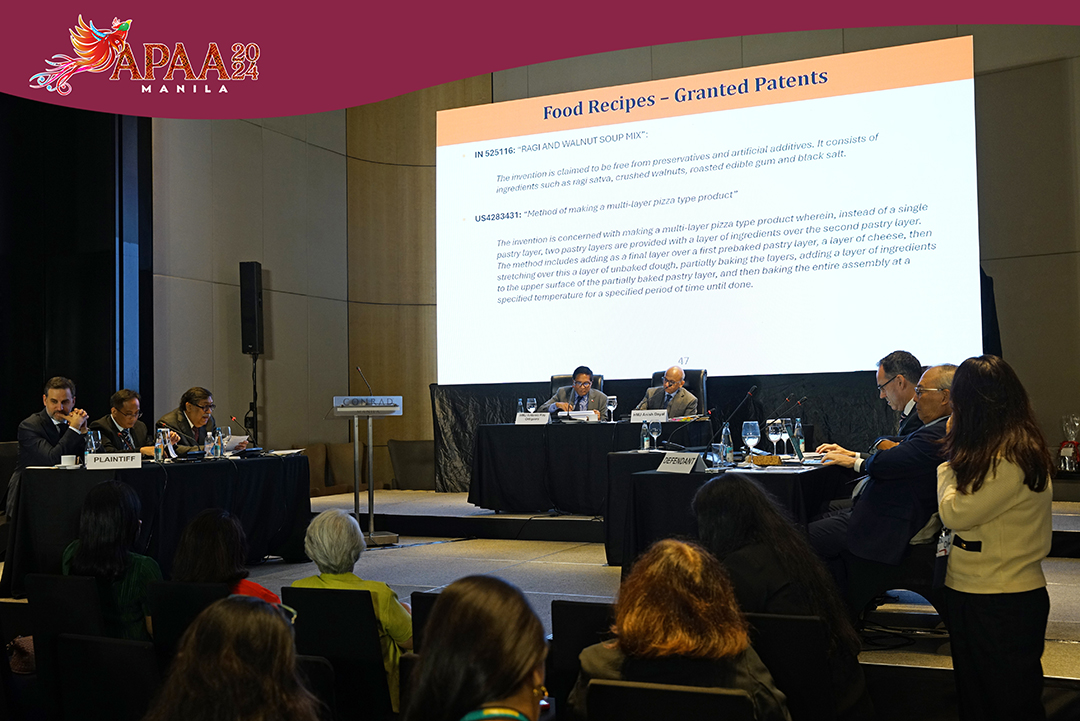
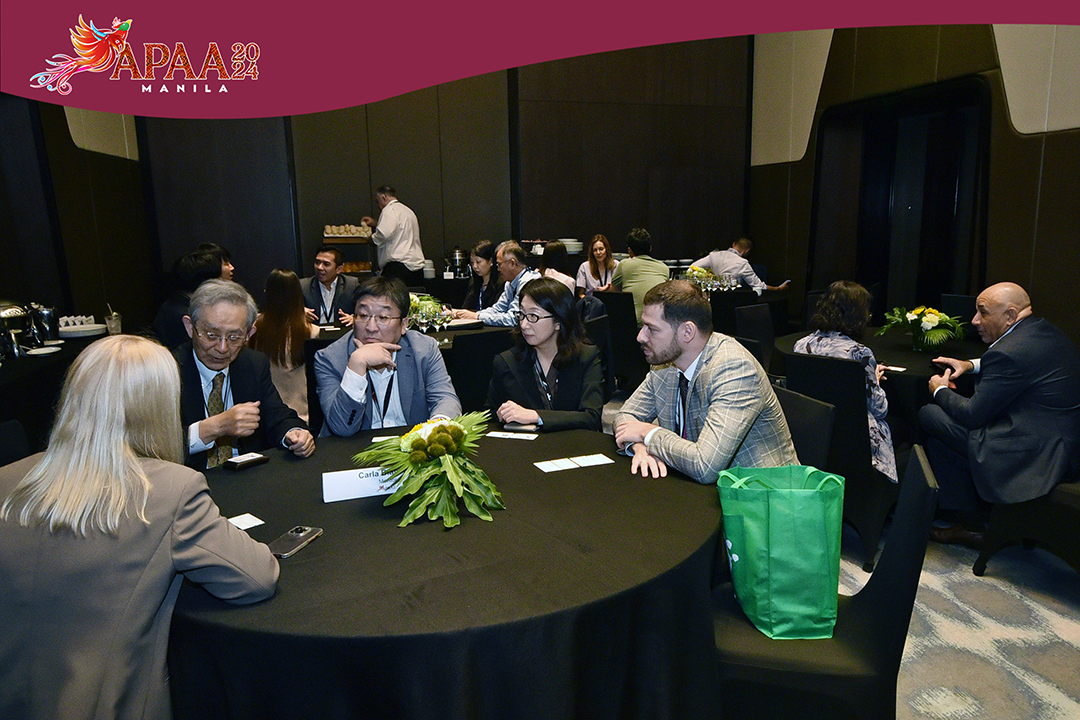
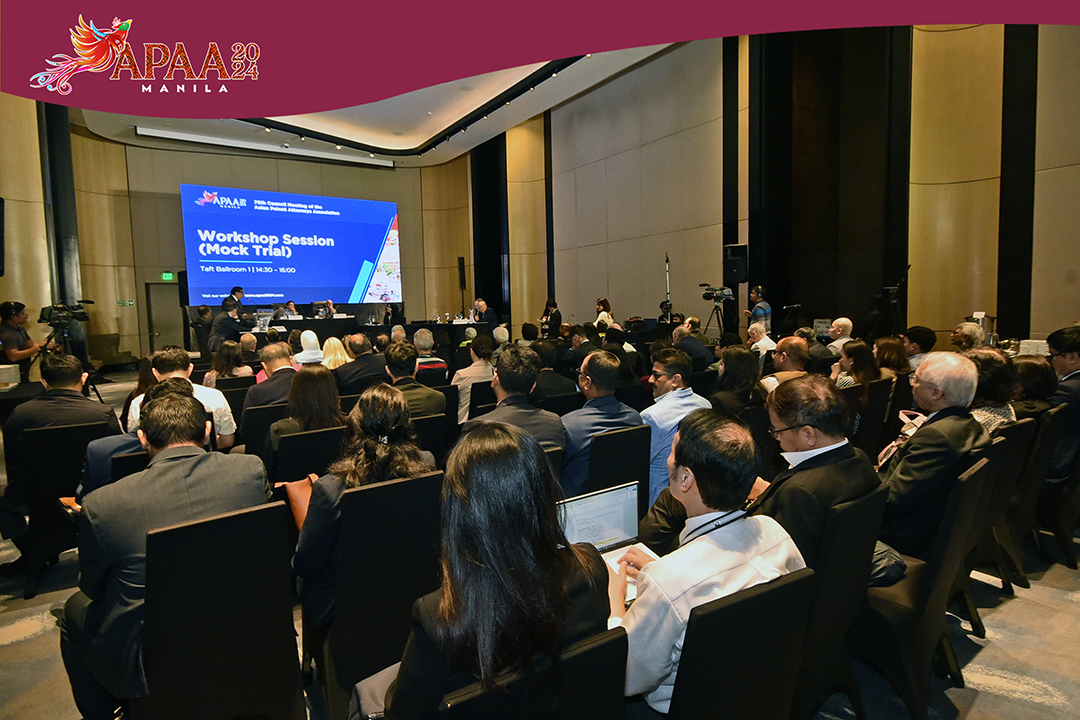
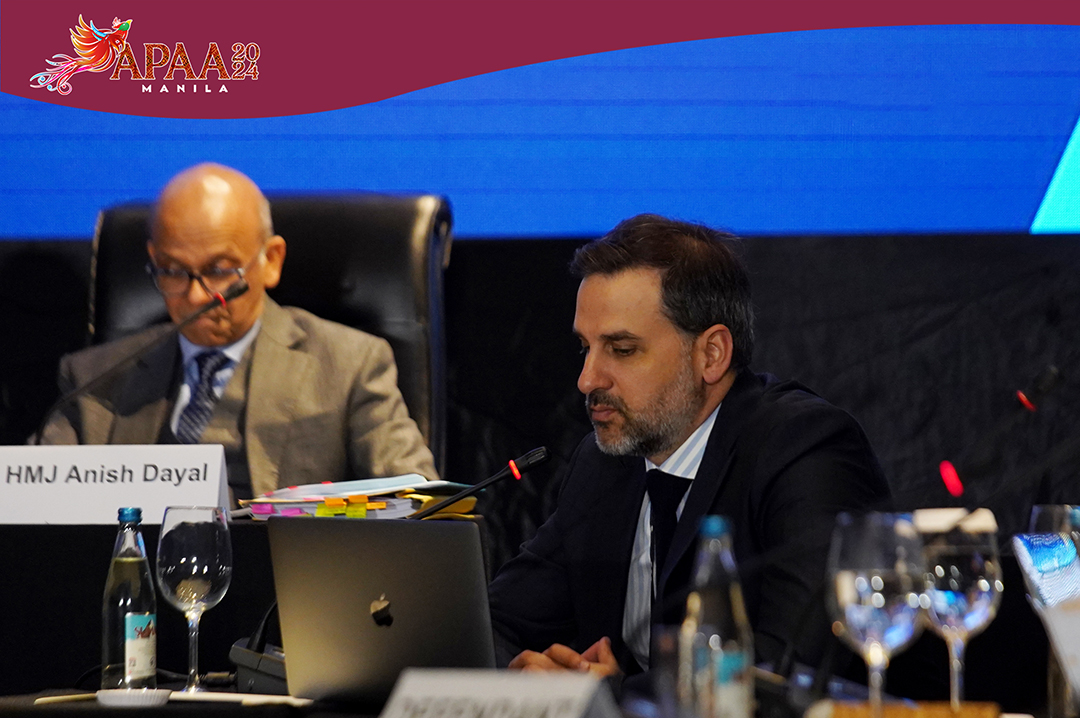
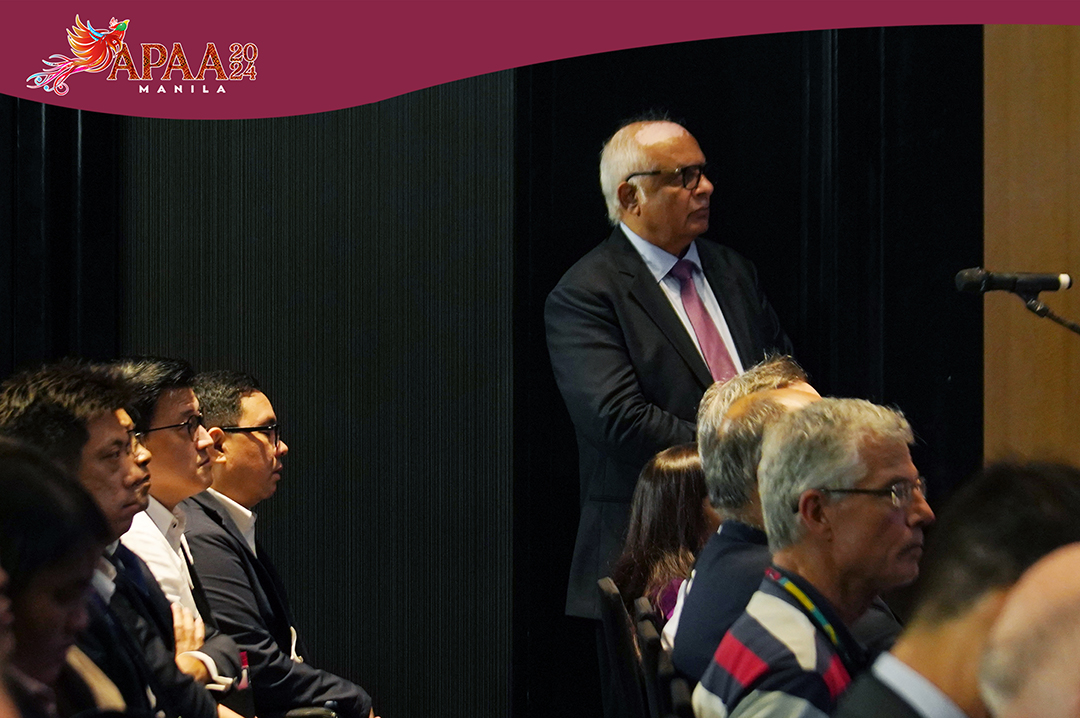

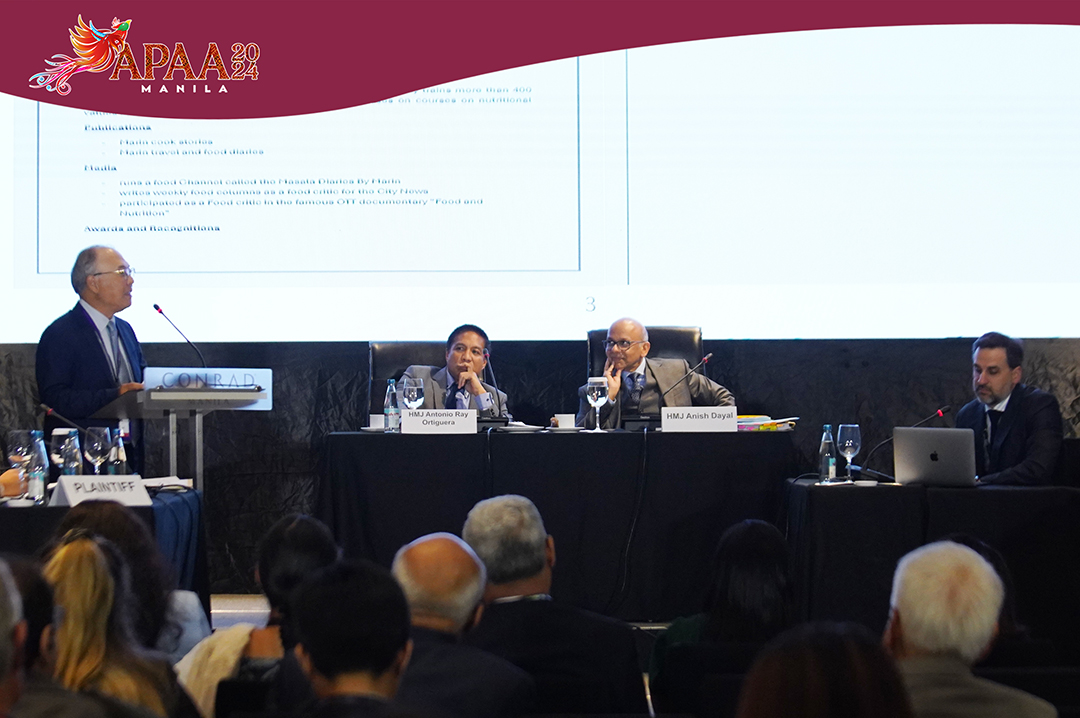
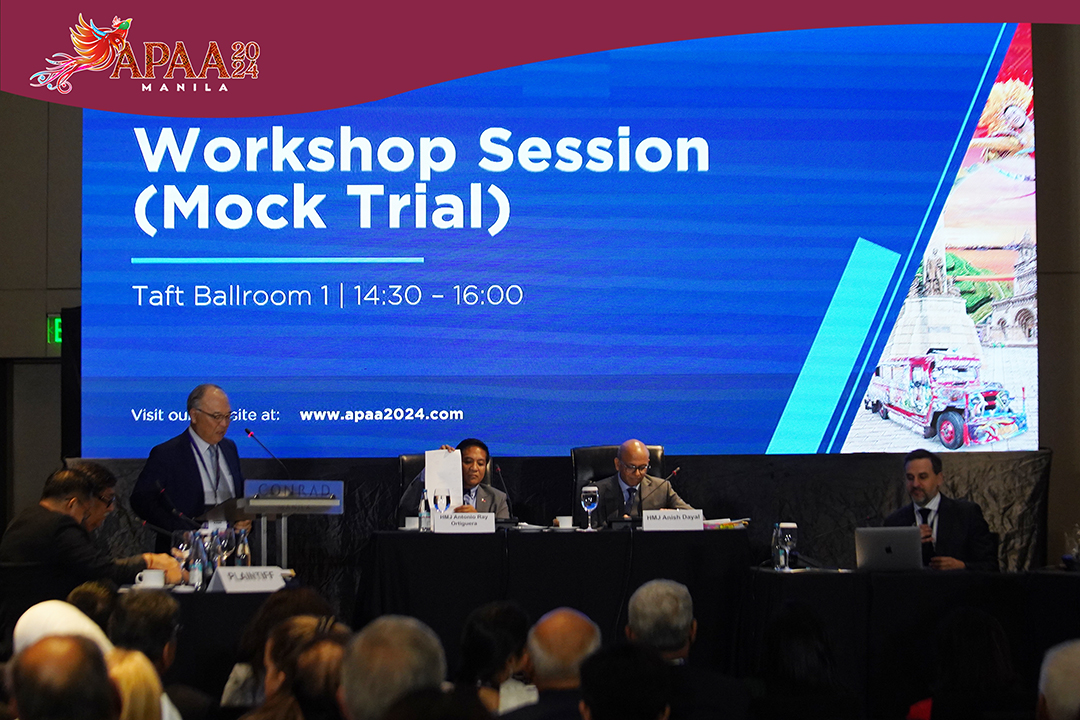
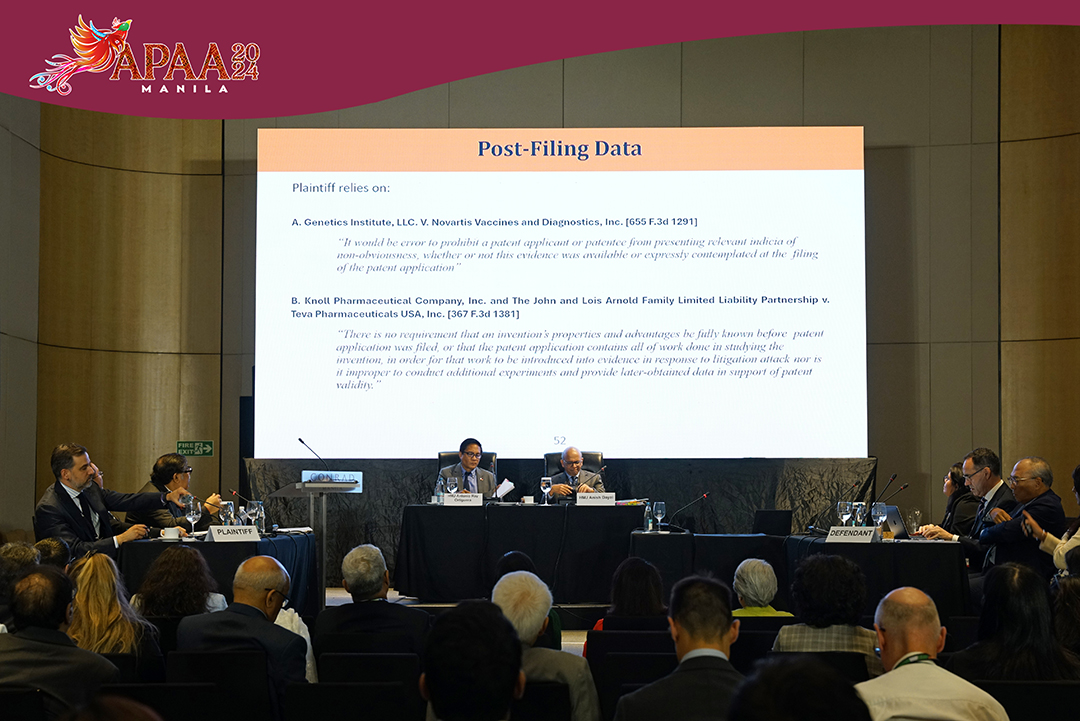
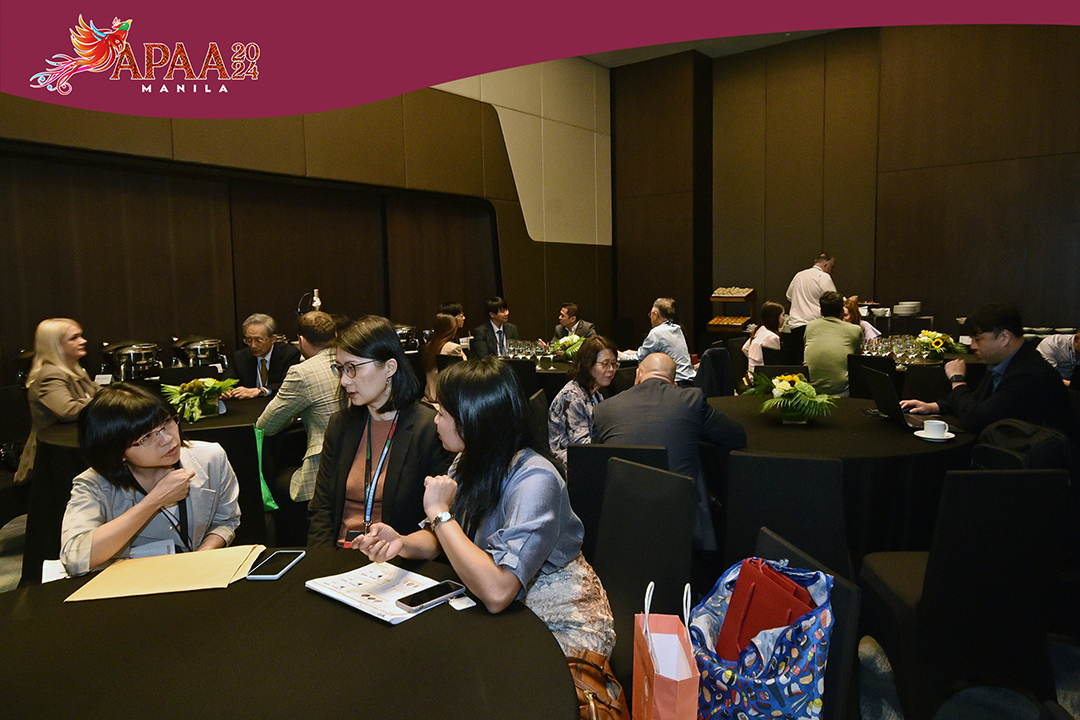
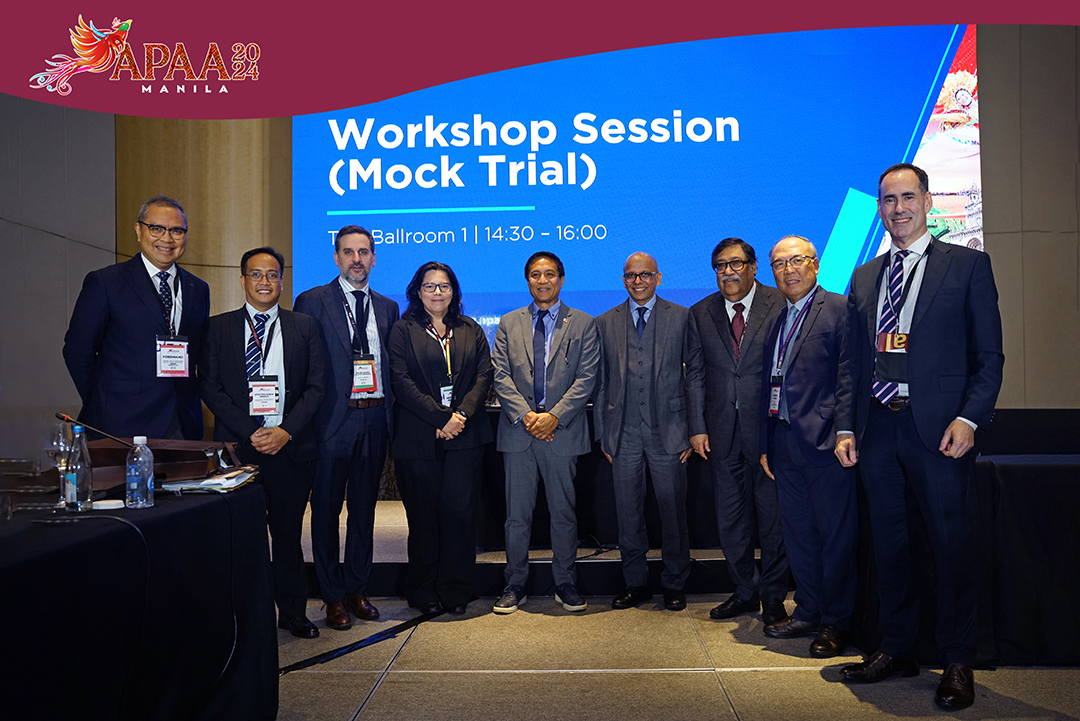
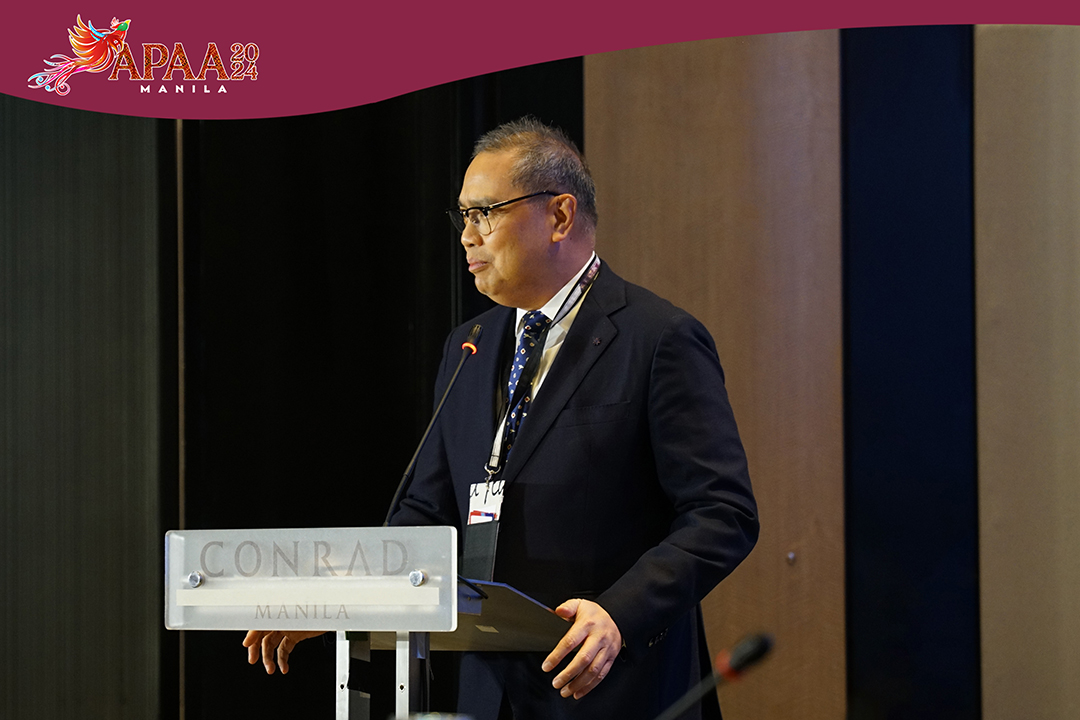
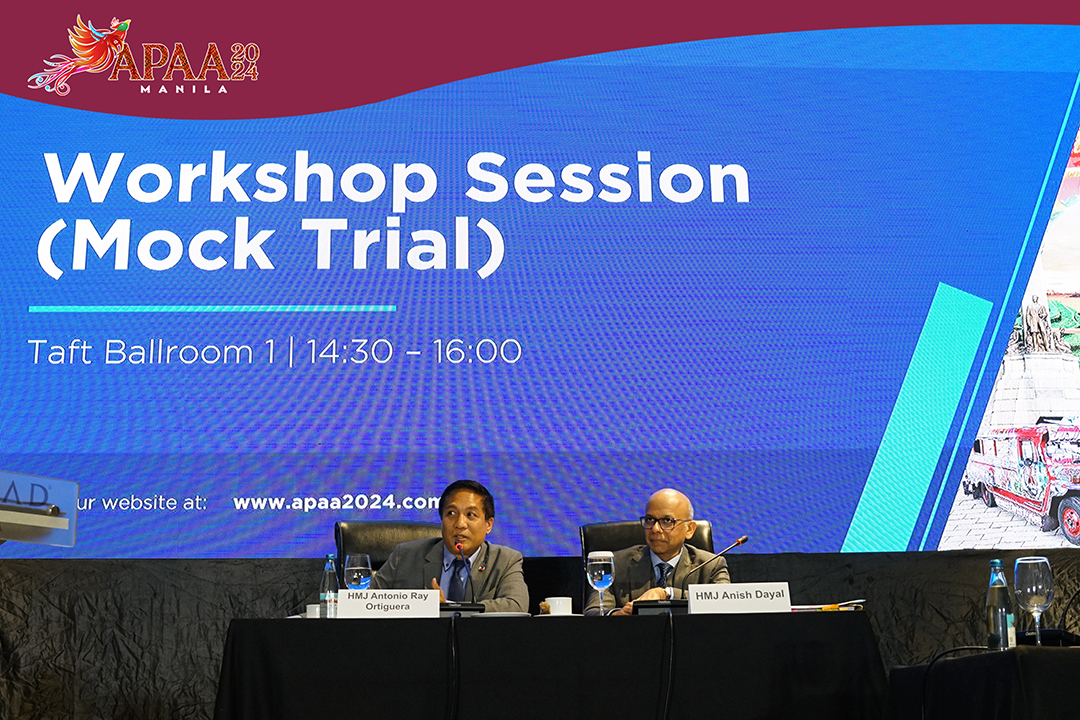


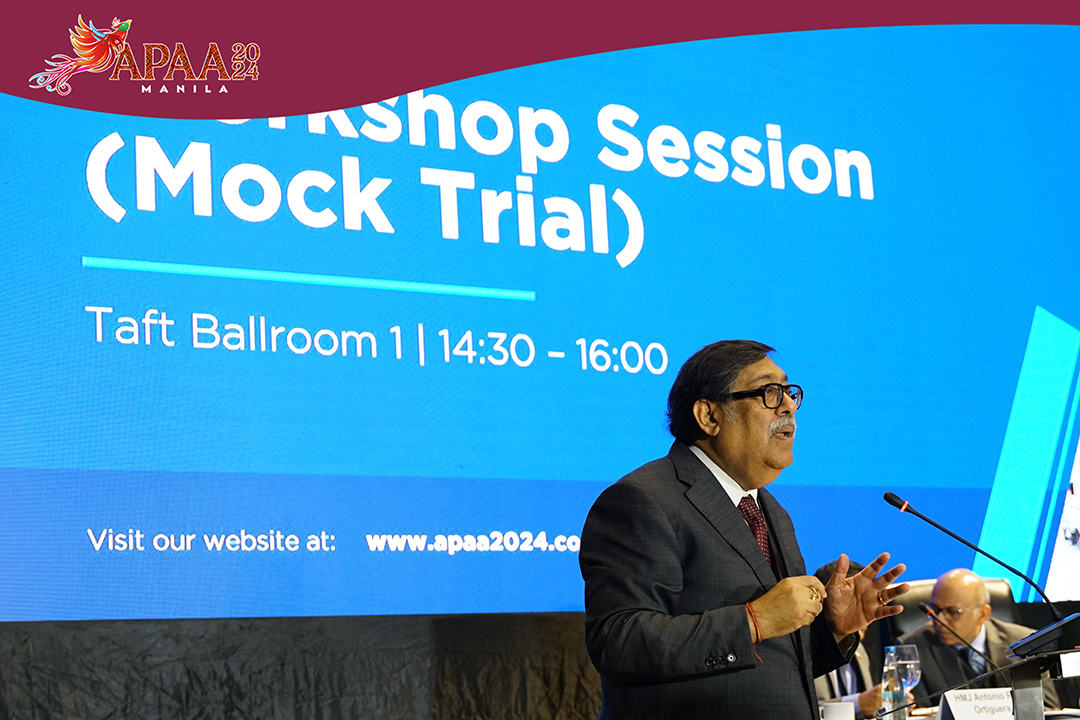
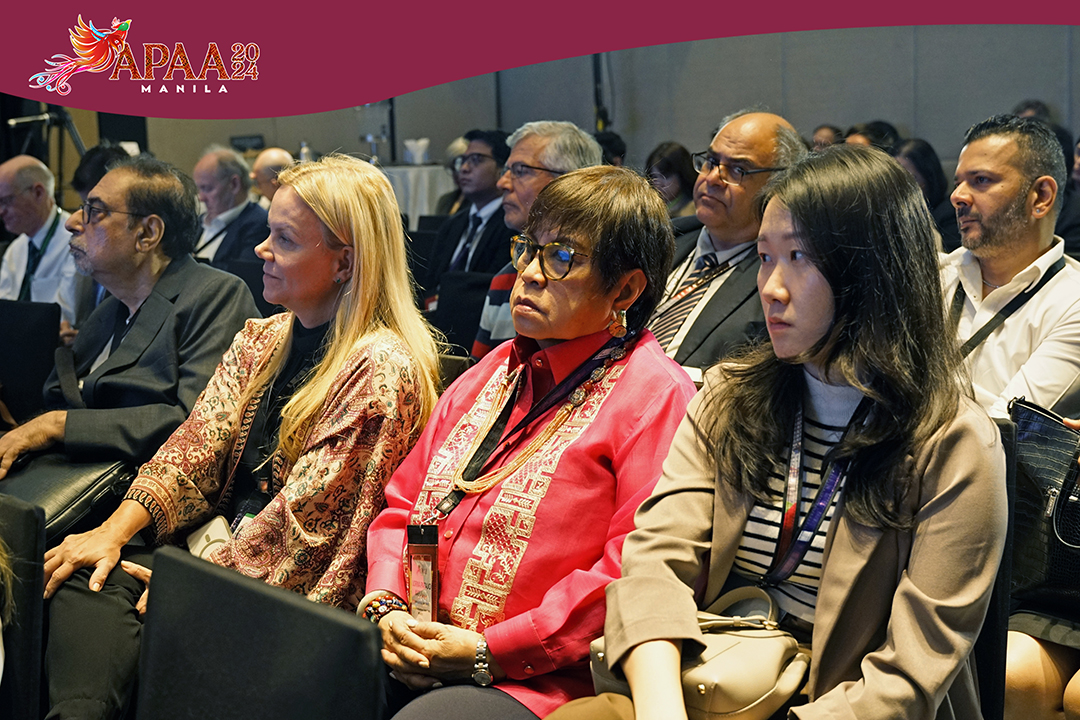

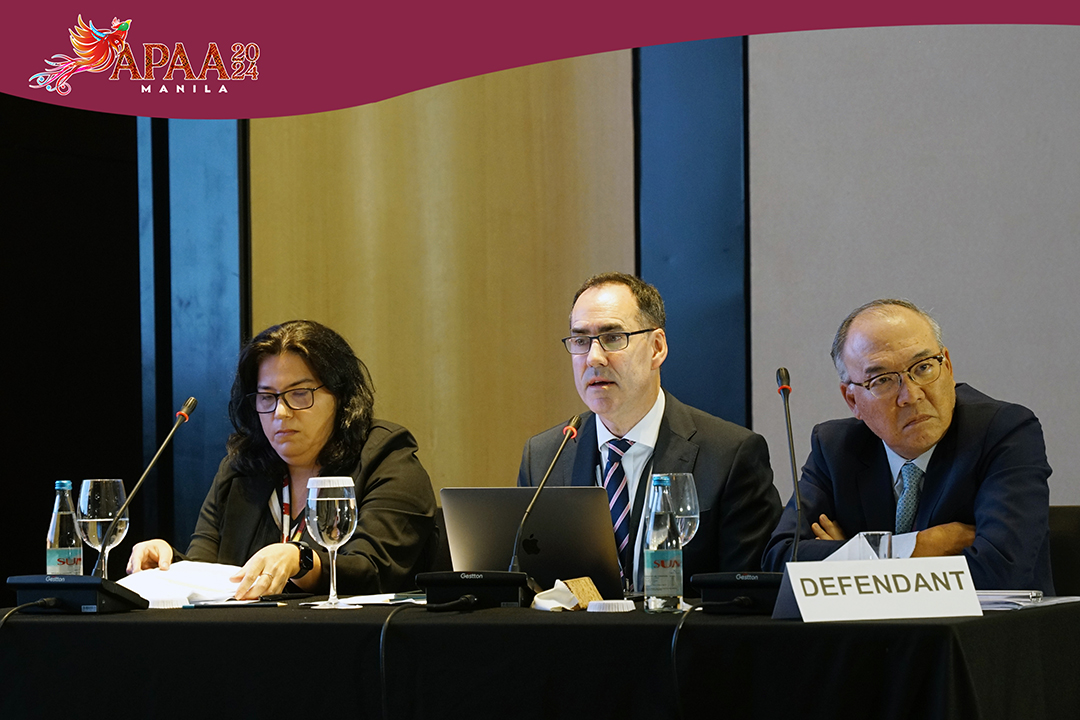
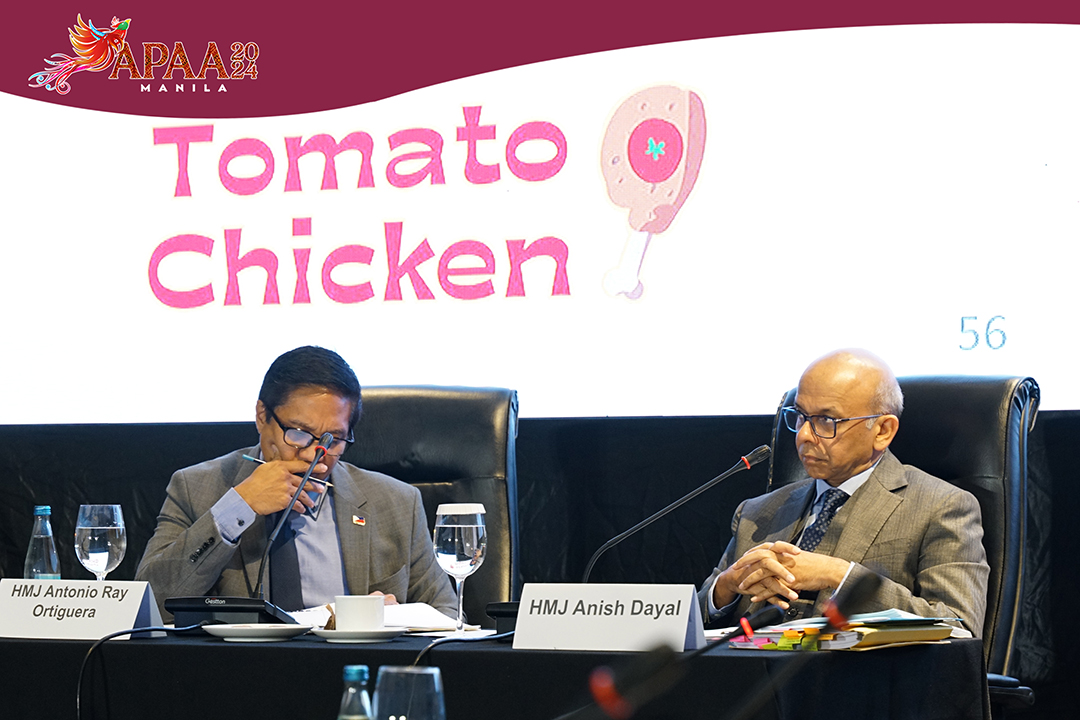
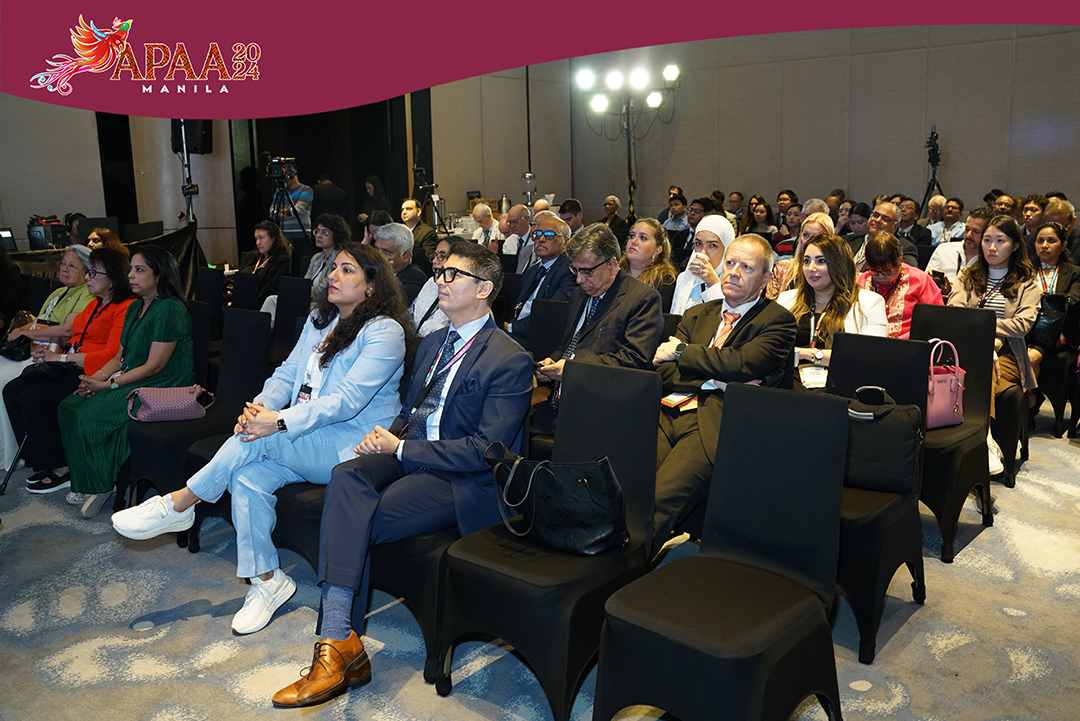
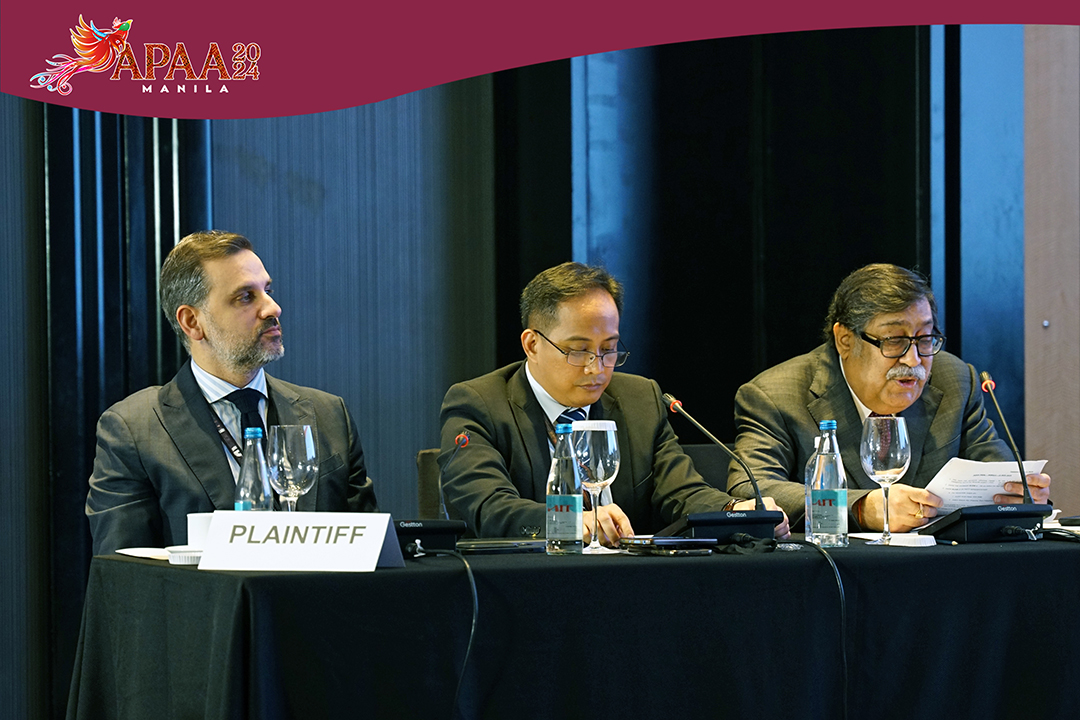
More photos will be available after the event



